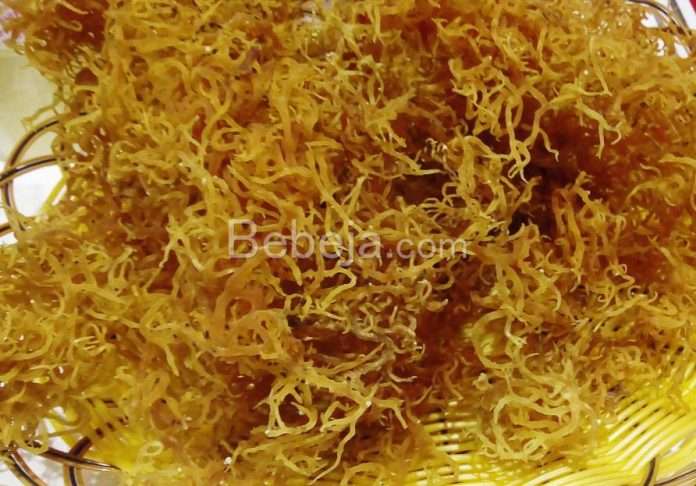Seaweed has many benefits for the food, pharmaceutical, textile, and health industries. High-fiber seaweed belongs to the group of dietary fibers. High fiber can absorb cholesterol and fat in the body. The calcium content of seaweed is also used in dietary supplements.
Alginate found in seaweed is the most important part. Alginate is a polysaccharide extracted from brown seaweeds such as species from the sargassum and turbinaria groups, which are widely found in Indonesian coastal. Seaweed contains approximately 10-32% alginate. Obtaining alginate from brown seaweed requires an extraction process that includes stages of demineralization, neutralization, extraction, filtration, precipitation, and bleaching.
Although Indonesia is rich in seaweed, the fact shows that Indonesia still imports alginate from several countries such as China. About 2,000-2,500 tons of alginate are imported every year. Such imported alginate has a cheaper price and quality. This is a challenge for alginate businessmen. The price of local alginate is around IDR180,000-IDR200,000/kg.
In the world, the majority of alginate use is for the textile industry with a percentage reaching 50%. The remaining 30% of alginate is used by the food industry and 20% by various industries. Alginates have many benefits and applications such as thickening agents, gelling agents, stabilizers, emulsifiers, coatings in the food, pharmaceutical, cosmetic, and textile industries. Alginate is also used as a drug to reduce acid reflux by forming a protective coating on the stomach.
Indonesia has the potential to produce alginate from brown seaweed, which is abundant in the country’s coastal. However, Indonesia has not been able to develop effective and efficient extraction methods. This is because Indonesia is still dependent on alginate imports, which reach thousands of tons.
